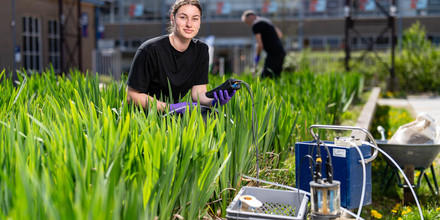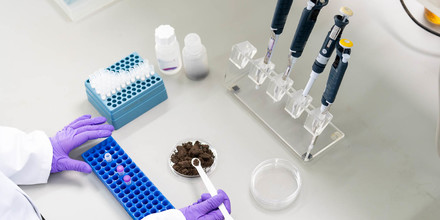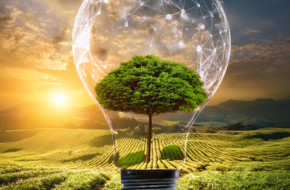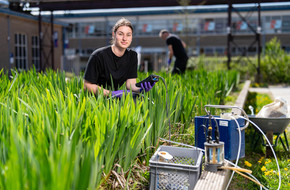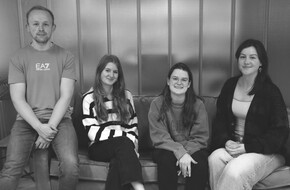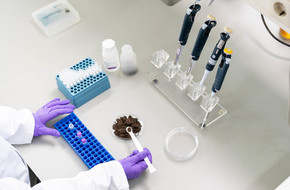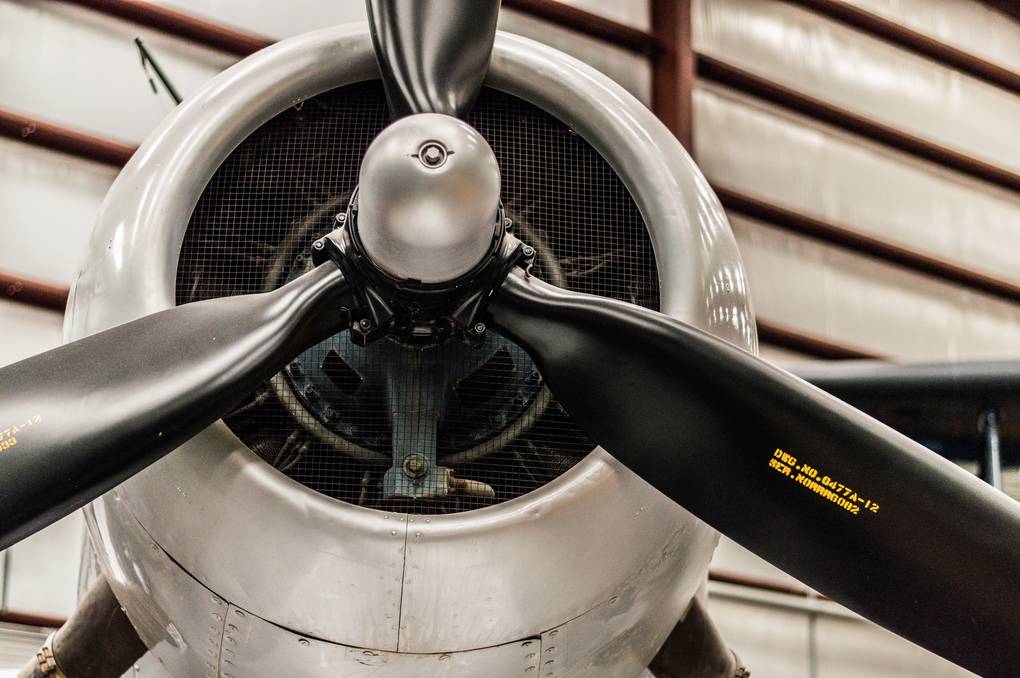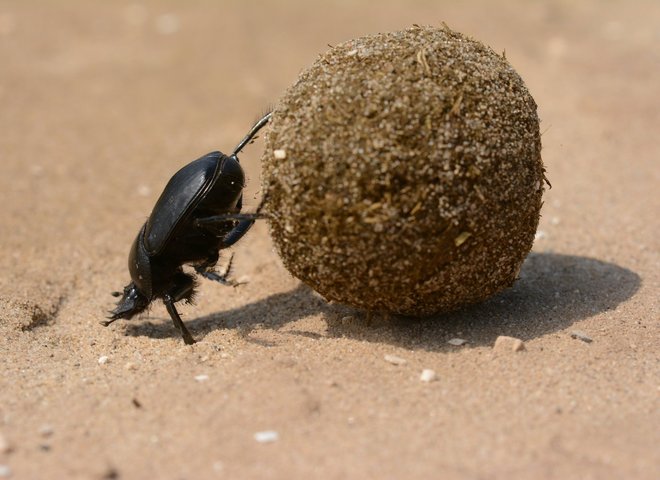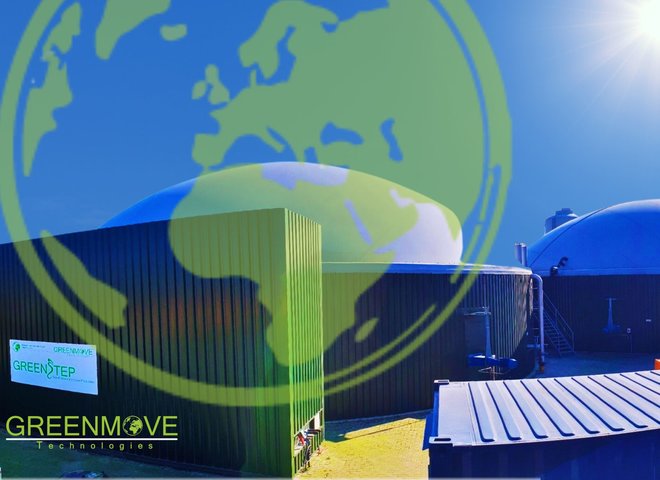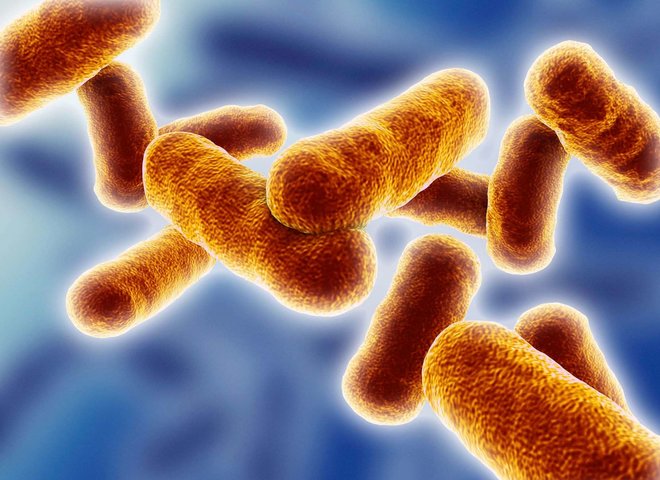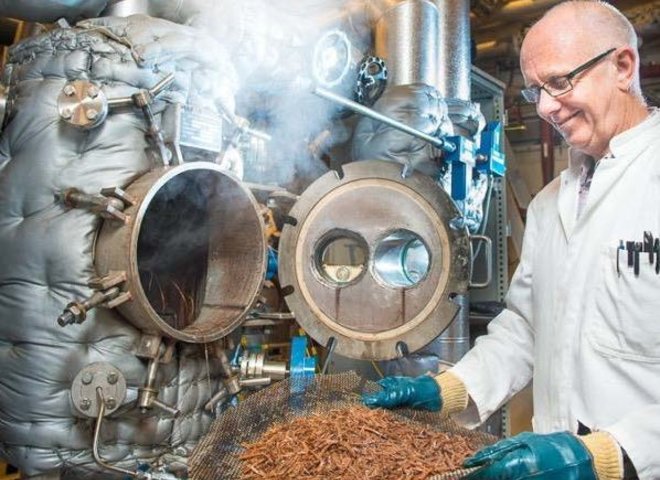We can make clever use of this process by using the greenhouse gas CO2 as a chemical building block together with hydrogen, converting these into Methane. Hydrogen can be produced from water using sustainably generated electricity. In the project Power 2 Methane (Raak Pro) Bioclear earth in cooperation with Hanze University of Applied Sciences Groningen, GasTerra, Gasunie, Energy Valley, DMT, Enexis and the University of Groningen, researches the possibility to use this ancient principle.
Power 2 Methane: the earthquake free alternative for natural gas
Methane is particularly suitable for the storage of large quantities of energy for a long period of time. This enables us to store a surplus of solar energy, generated during the summer and use this energy during the colder seasons. For the distribution we can make use of the existing gas infrastructure. We should also take in account that even though new houses are built more and more without a gas connection, existing buildings are still mainly relying on gas. In addition, our power network is simply not ready for a complete shift of our society to electricity.
Methane as an alternative for fuel oil and diesel
Maritime and inland shipping, road transport and aviation totally rely on refillable fuels. A biofuel like methane can be a proper alternative for fuel oil and diesel. Purifying methane and subsequently cooling it down, generates a liquid fuel with high-energy performance. This so-called LNG (liquefied natural gas) is suitable for trucks, ships and possibly in the future for airplanes.
Cleaner and quieter road transportation
In 2016 Dutch transportation companies transported 650 million tons of commodities, which equals 40 million trucks per year. A truck uses approximately 30 litres of diesel per 100 kilometres. With the use of 100% bio-LNG a 70% CO2 reduction is viable. Moreover trucks driving on gas are much quieter, have a lower particulate matter emission and lower NOx- and SO2 emission (source: National platform LNG).


